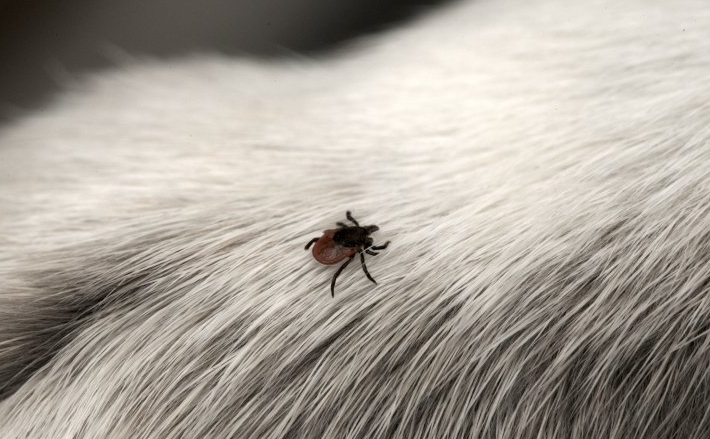How do ticks affect rabbits? |
Ticks can have negative effects on rabbits if they infest their fur and feed on their blood. Here are some ways ticks can affect rabbits: 1. Skin Irritation: Tick bites can cause skin irritation, inflammation, and itching in rabbits. This can lead to scratching, hair loss, and skin infections. 2. Disease Transmission: Ticks can transmit various diseases to rabbits, including Lyme disease, tularemia, anaplasmosis, and tick paralysis. These diseases can have severe consequences on the rabbit's health and may require veterinary treatment. 3. Anemia: If a rabbit is heavily infested with ticks and constantly losing blood, it can lead to anemia, which is a condition characterized by a low red blood cell count. Anemia can cause weakness, lethargy, and other health problems in rabbits. To protect rabbits from ticks, it's important to regularly inspect their fur and remove any ticks promptly. Use a fine-toothed comb or your fingers to carefully remove ticks, making sure to grasp the tick near its head and pull it out gently. It's advisable to wear gloves while doing this to avoid direct contact with the tick. Preventive measures can also be taken, such as keeping the rabbit's living area clean and free from tall grasses or wooded areas where ticks may be present. You can also consult with a veterinarian about tick prevention methods specifically designed for rabbits, such as topical tick repellents or medications. If you suspect your rabbit has been heavily infested with ticks or if you notice any signs of tick-borne diseases, it's important to seek veterinary care as soon as possible for proper diagnosis and treatment. 
|